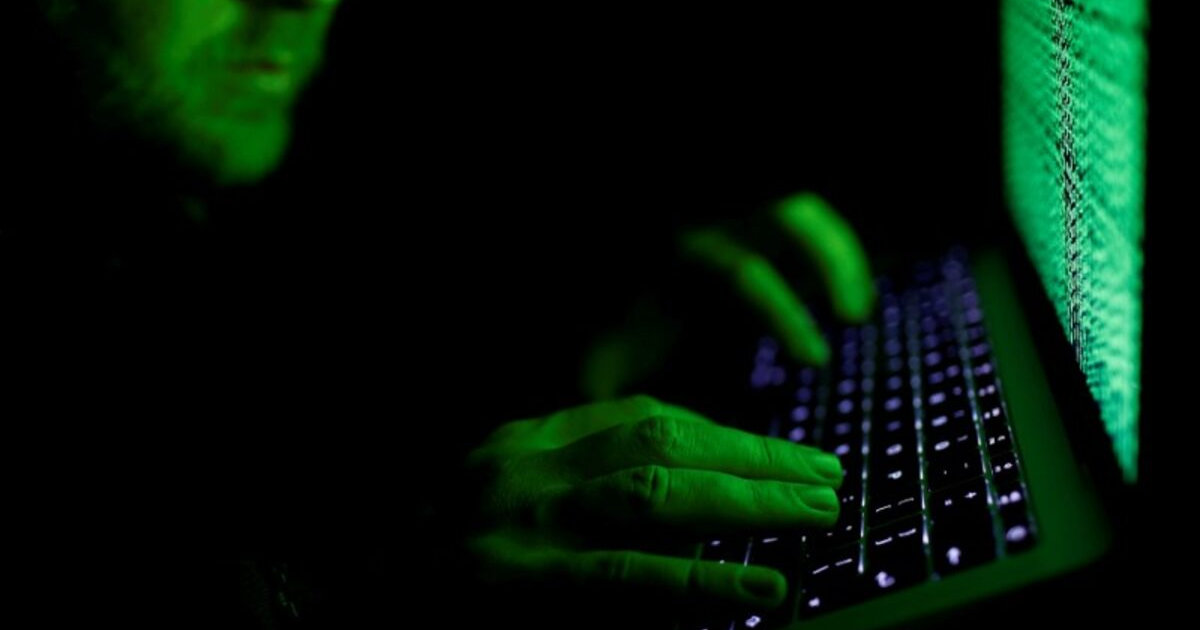

“Although the Iran-Israel ceasefire has paused direct military engagement, cyber operations have intensified,” Marwan Hachem, co-founder of FearsOff cybersecurity experts, told Iran International.
“Since the truce began, nearly 450 cyberattacks have been recorded against Israeli targets—many attributed to pro-Iran hacker groups,” he said.
Attacks on Iran’s finance, infrastructure and energy complex, Hachem said, were fewer but more sophisticated and have been traced to actors linked to Israeli intelligence.
“Post-ceasefire, there are only about 10 known cyberattacks by pro-Israeli actors against Iran … the fewer Israeli attacks tend to be more targeted and impactful.”
During the war, a pro-Israeli hacking group known as Predatory Sparrow claimed credit for a major cyberattack on Iran’s Bank Sepah.
The group also later said it had drained around $90 million from Nobitex, Iran’s largest cryptocurrency exchange, adding it had posted Nobitex source code lists on X.
In spite of a ceasefire, however, the cyber war goes on.
“The era of silent digital aggression has arrived, and even allies may become targets in this murky domain of quiet offensives. The illusion of peace doesn’t extend to cyberspace. In fact, we expect cyber operations to grow more aggressive—only more covert. Silence is no indicator of safety.”
Daily attacks
Israeli cyber expert Boaz Dolev, from Clearsky Cyber Security, said there are daily attempts to hack small to medium sized businesses in Israel, and as yet, have not succeeded in attacking critical infrastructure.
“There is a lot of smoke all of the time. Iran didn’t disrupt Israel’s infrastructure by cyber-attacks but some Israeli companies were hacked and some sensitive information was leaked.”
“We think they’ve breached dozens of Israeli companies, small to medium sized ones,” Dolev added. “Most of them are providing services to large organizations in Israel so there is some sensitive information that was inside.”
“They tried to do it by using vulnerabilities in computer systems, or sending it as phishing, but as much as I can say, they didn’t succeed most of the time. The ones they breached and hacked, they can start the destruction process, and some companies have had servers hacked and deleted.”
One cyber expert in Israel who asked not to be named, said Israel remains “much stronger than Iran in the cyber arena”.
“They can do whatever they want in Iran. The question is how they’re using the power and who you’re going to attack, when, and what will be the damage,” he added.
“This is why they decided to attack the financial system in Iran,” the expert added. “It was a message for Iran that said the infrastructure is more vulnerable than they can imagine.”




